Companion Plants That Repel Squash Bugs
Companion Plants That Repel Squash Bugs
Squash bugs are a common pest in gardens that can quickly destroy squash, zucchini, and other cucurbit plants. They are small, brown insects that feed on the leaves and stems of plants, causing them to wilt and die. Squash bugs can be difficult to control, but one effective method is to use companion planting.
Companion planting is the practice of planting different types of plants together in order to benefit each other. Some plants have natural insect-repelling properties that can help to keep squash bugs away from your crops.
Here are some of the best companion plants for repelling squash bugs:
- Basil. Basil is a strong-scented herb that is known to repel a variety of pests, including squash bugs. Plant basil near your squash plants to help keep these pests at bay.
- Marigolds. Marigolds are another popular companion plant for repelling squash bugs. They emit a scent that squash bugs find unpleasant. Marigolds can also help to attract beneficial insects, such as ladybugs and lacewings, which prey on squash bugs.
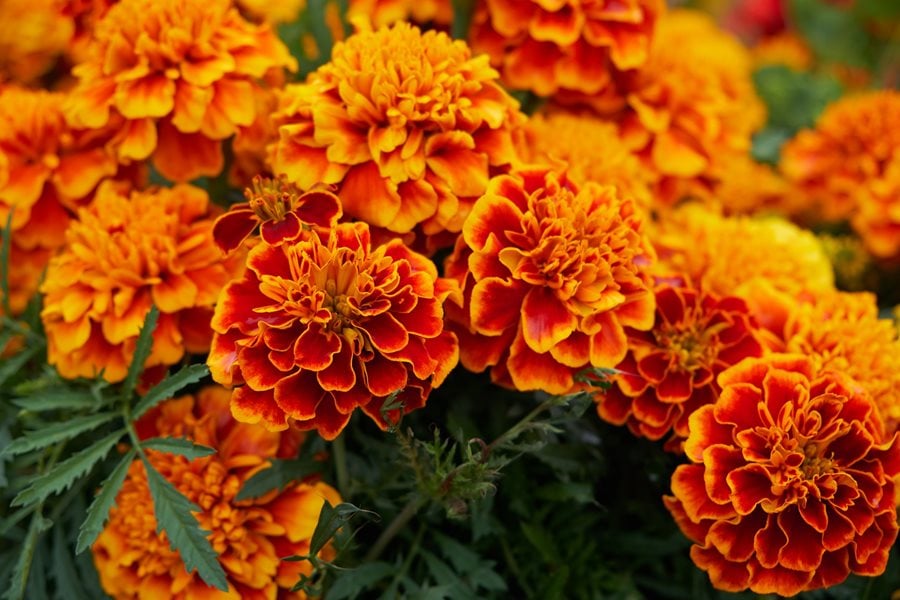
- Nasturtiums. Nasturtiums are a bright, colorful flower that is also effective at repelling squash bugs. They contain a chemical called nasturtiumin, which is toxic to squash bugs. Nasturtiums can also help to attract beneficial insects, such as parasitic wasps, which prey on squash bugs.

- Chives. Chives are a member of the onion family and have a strong, pungent smell that is unpleasant to squash bugs. Plant chives near your squash plants to help keep these pests away.
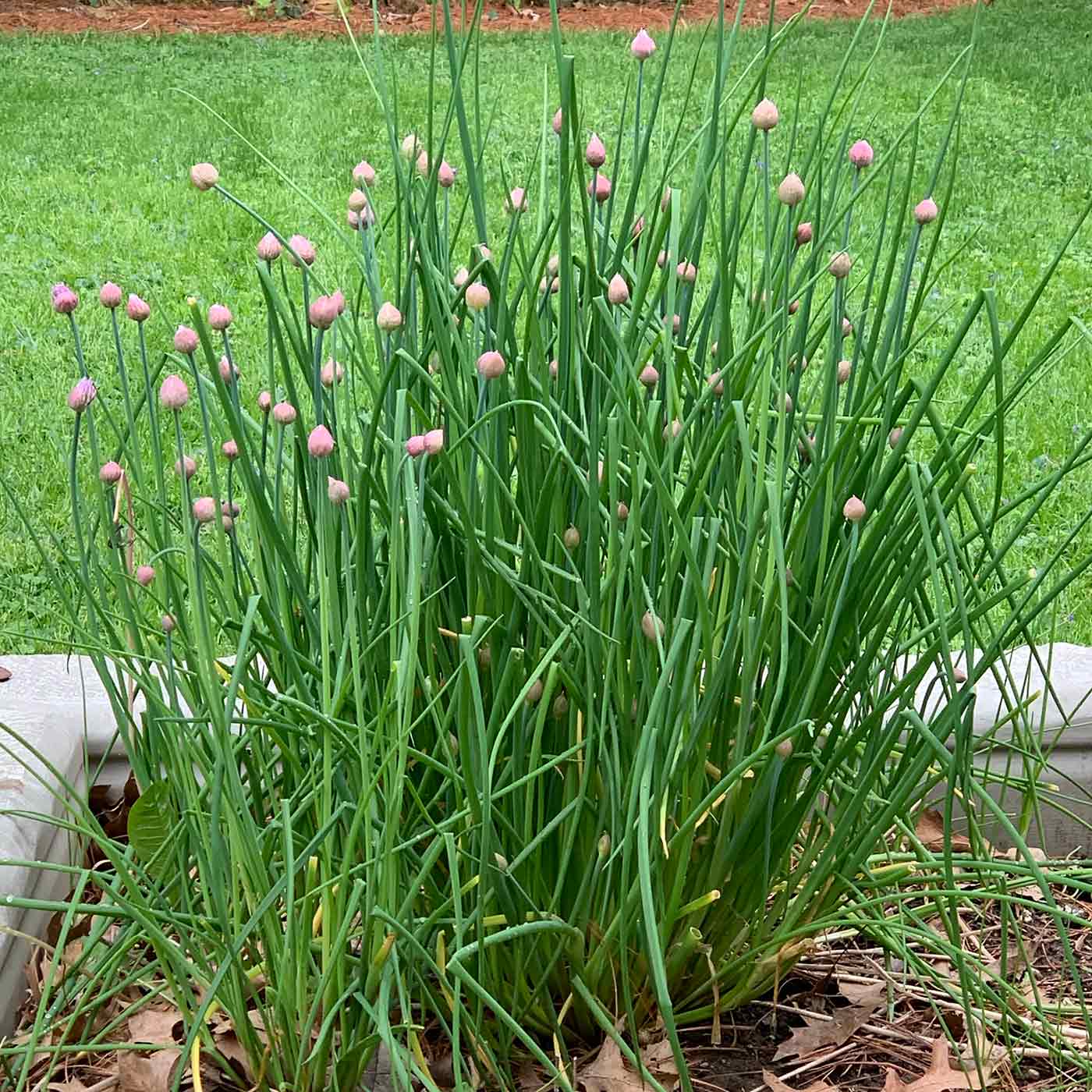
- Garlic. Garlic is another member of the onion family that has a strong scent that can repel squash bugs. Plant garlic near your squash plants to help keep these pests at bay.
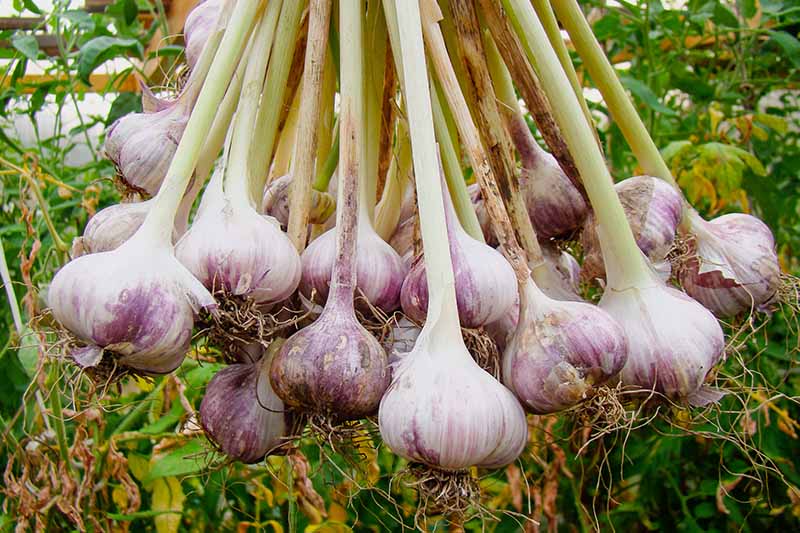
- Tansy. Tansy is a strong-scented herb that is known to repel a variety of pests, including squash bugs. Plant tansy near your squash plants to help keep these pests at bay.
- Catnip. Catnip is a member of the mint family and has a strong, minty smell that is unpleasant to squash bugs. Plant catnip near your squash plants to help keep these pests away.
- Borage. Borage is a flowering plant that has a strong, cucumber-like scent that is unpleasant to squash bugs. Plant borage near your squash plants to help keep these pests away.
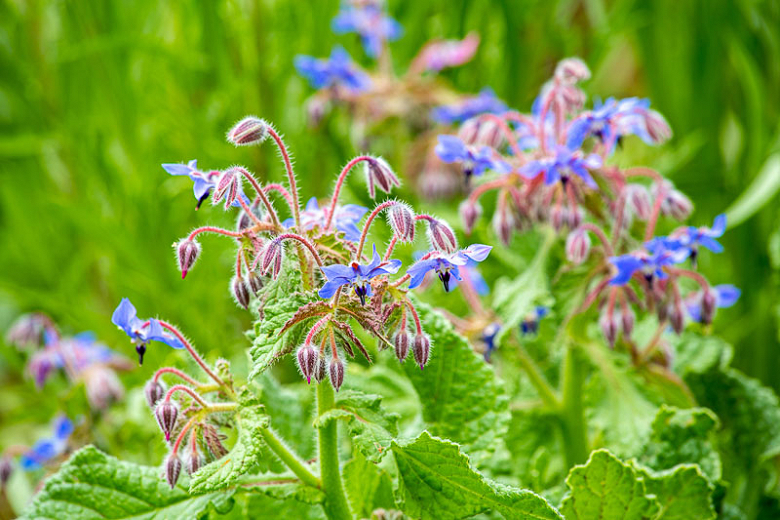
- Dill. Dill is a herb that has a strong, citrusy scent that is unpleasant to squash bugs. Plant dill near your squash plants to help keep these pests away.
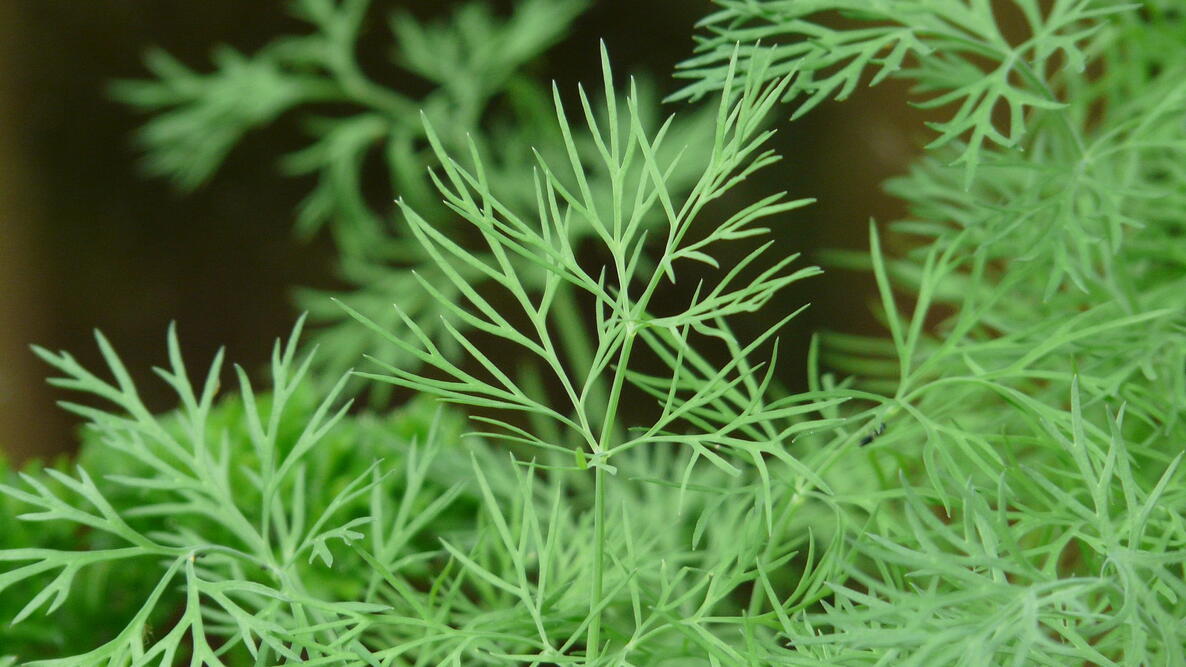
In addition to these plants, there are a few other things you can do to help keep squash bugs away from your garden.
- Keep your garden clean and free of debris. Squash bugs like to hide in piles of leaves and other debris, so it's important to keep your garden clean and free of these materials.
- Inspect your plants regularly. The earlier you catch a squash bug infestation, the easier it will be to control. Inspect your plants regularly for signs of squash bugs, such as small, brown spots on the leaves or eggs on the underside of the leaves.
- Hand-pick squash bugs. If you see a squash bug, you can hand-pick it and destroy it. Be sure to wear gloves when hand-picking squash bugs, as they can secrete a fluid that can irritate your skin.
- Use insecticidal soap or neem oil. If you have a severe squash bug infestation, you may need to use an insecticidal soap or neem oil. These products are safe for use in the garden and will kill squash bugs on contact.
By planting companion plants and following these other tips, you can help to keep squash bugs away from your garden and enjoy a bountiful harvest of cucurbit crops.
Squash bugs are a common pest that can damage squash plants. There are a number of ways to control squash bugs, including using companion planting. Companion planting is the practice of planting certain plants together to benefit each other. Some plants that can help to deter squash bugs include:
- Nasturtiums. Nasturtiums have a strong scent that can repel squash bugs. They also attract beneficial insects, such as ladybugs, that prey on squash bugs.
- Marigolds. Marigolds also have a strong scent that can repel squash bugs. They also help to improve the soil quality, which can make squash plants healthier and more resistant to pests.
- Catnip. Catnip is another plant that has a strong scent that can repel squash bugs. It also attracts beneficial insects, such as parasitic wasps, that can help to control squash bug populations.
- Dill. Dill is a fragrant herb that can help to repel squash bugs. It also attracts pollinators, such as bees and butterflies, which can help to improve the pollination of squash plants.
- Garlic. Garlic has a strong scent that can repel squash bugs. It also contains compounds that can kill squash bug eggs.
For more information about companion plants for squash bugs, visit Gardenia Inspiration.
Image of companion plants for squash bugs
- Nasturtiums: Nasturtiums are a great companion plant for squash because they attract pests away from the squash plants. They also help to deter slugs and snails.

- Marigolds: Marigolds are another great companion plant for squash. They help to repel pests such as squash bugs, beetles, and nematodes.
- Catnip: Catnip is a surprising companion plant for squash, but it actually helps to repel squash bugs. It also attracts beneficial insects such as ladybugs and lacewings.

- Radishes: Radishes are a good companion plant for squash because they help to improve the soil quality. They also help to deter pests such as cabbage loopers and flea beetles.
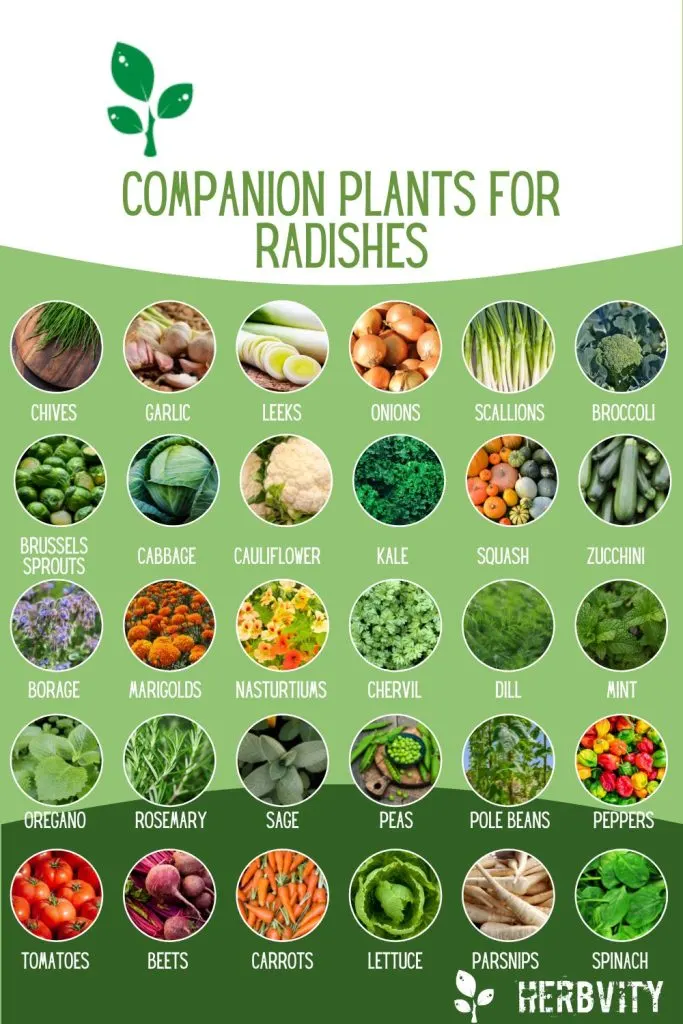
- Beans: Beans are a good companion plant for squash because they help to fix nitrogen in the soil. They also help to deter pests such as corn earworms and tomato hornworms.

Post a Comment for " Companion Plants That Repel Squash Bugs"